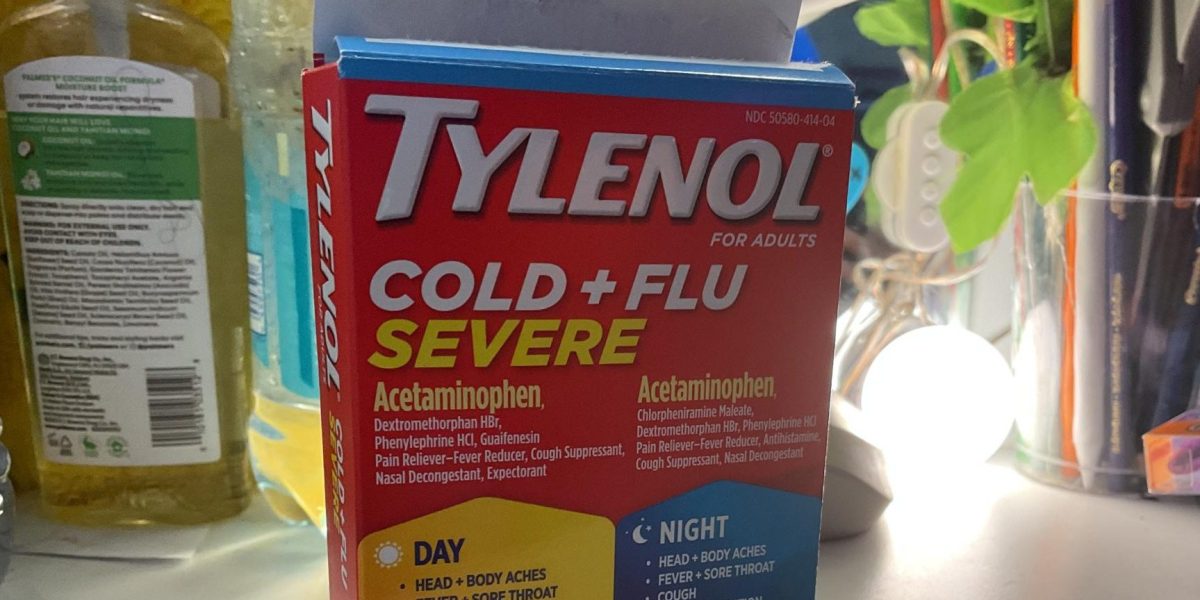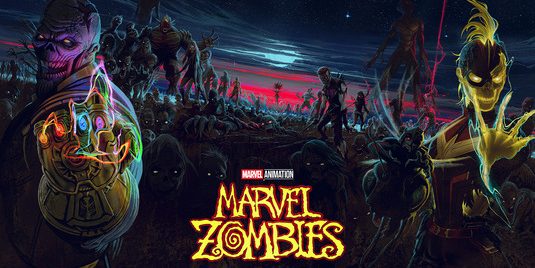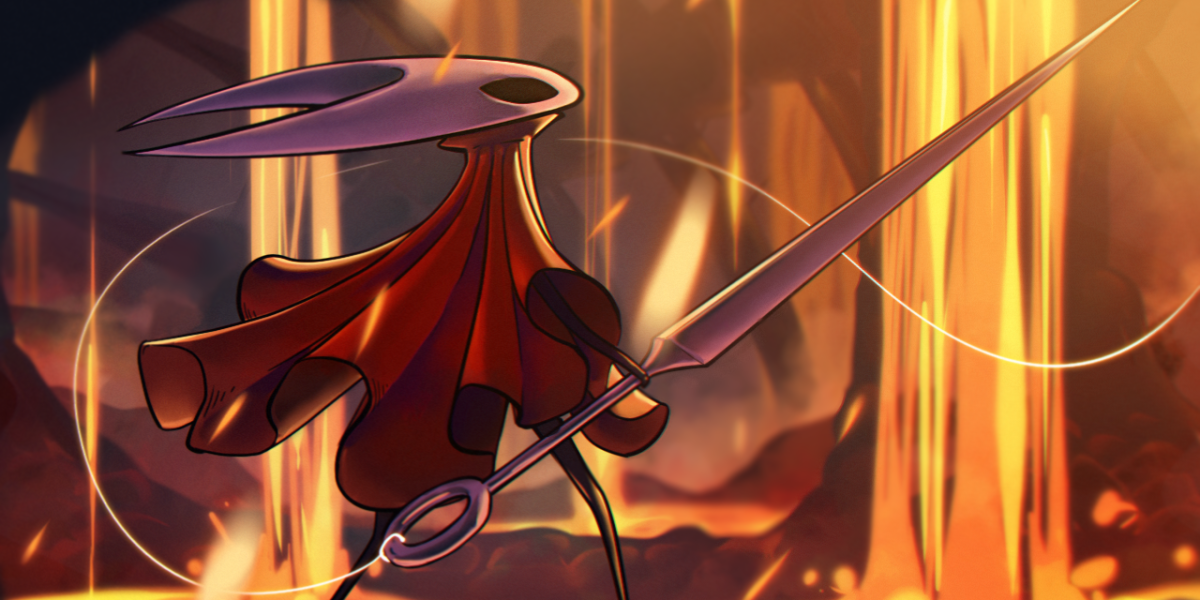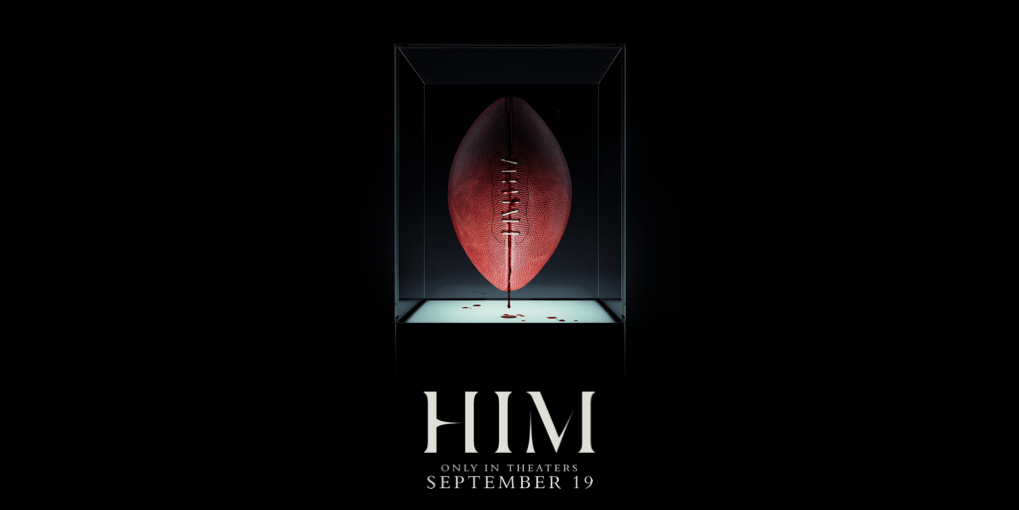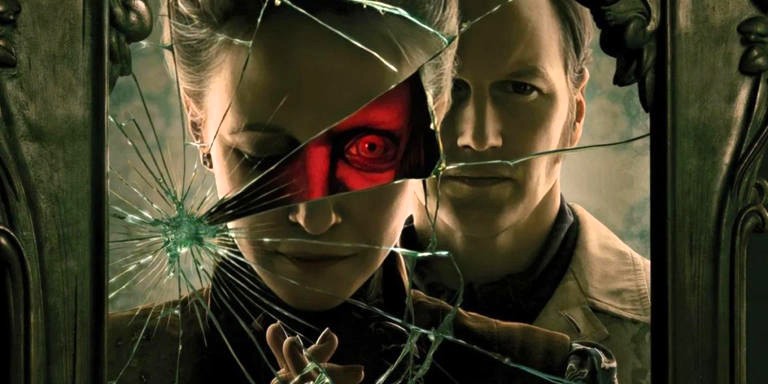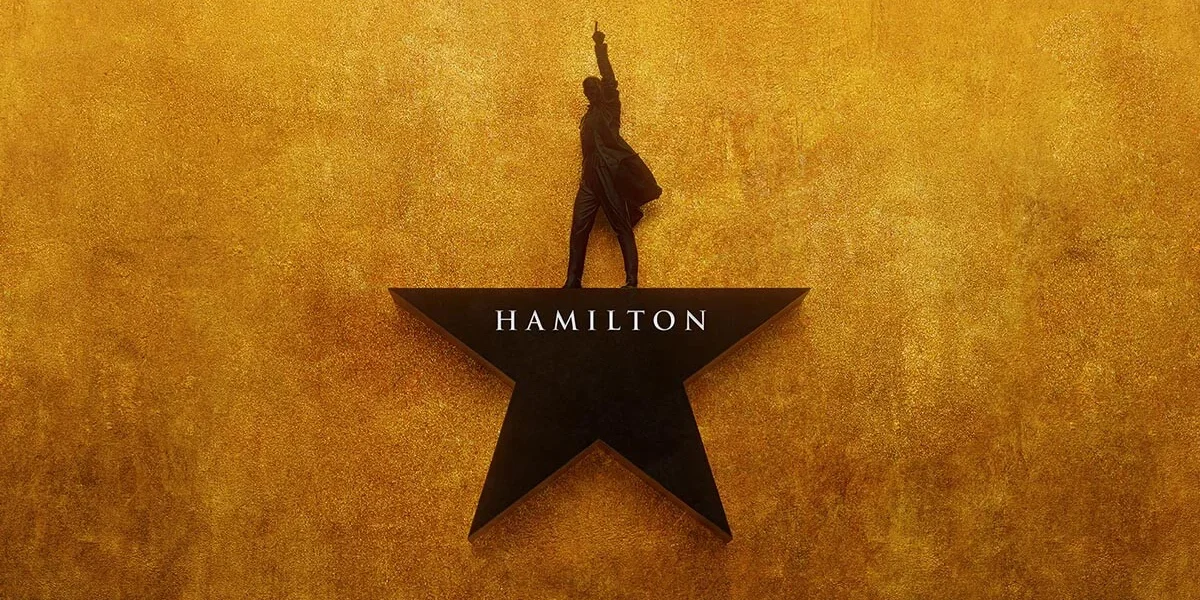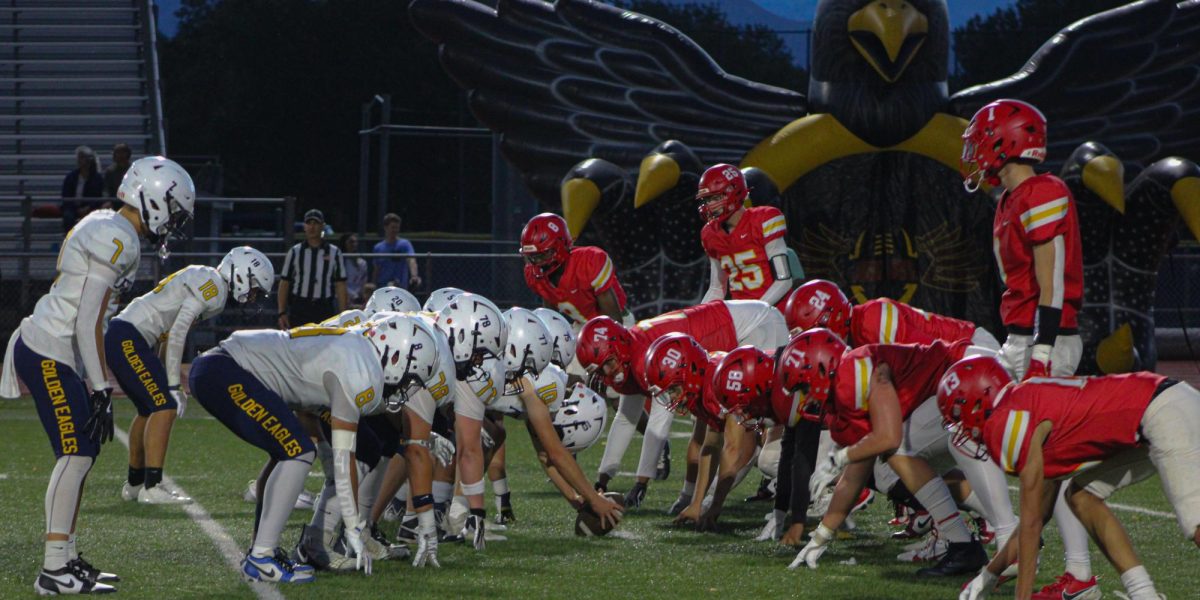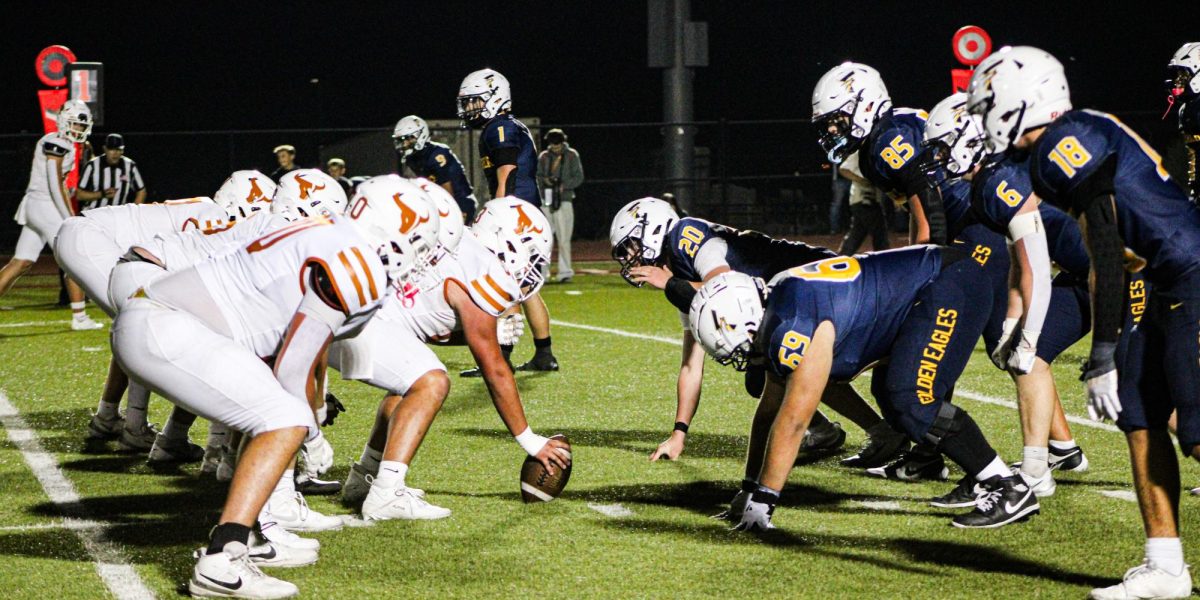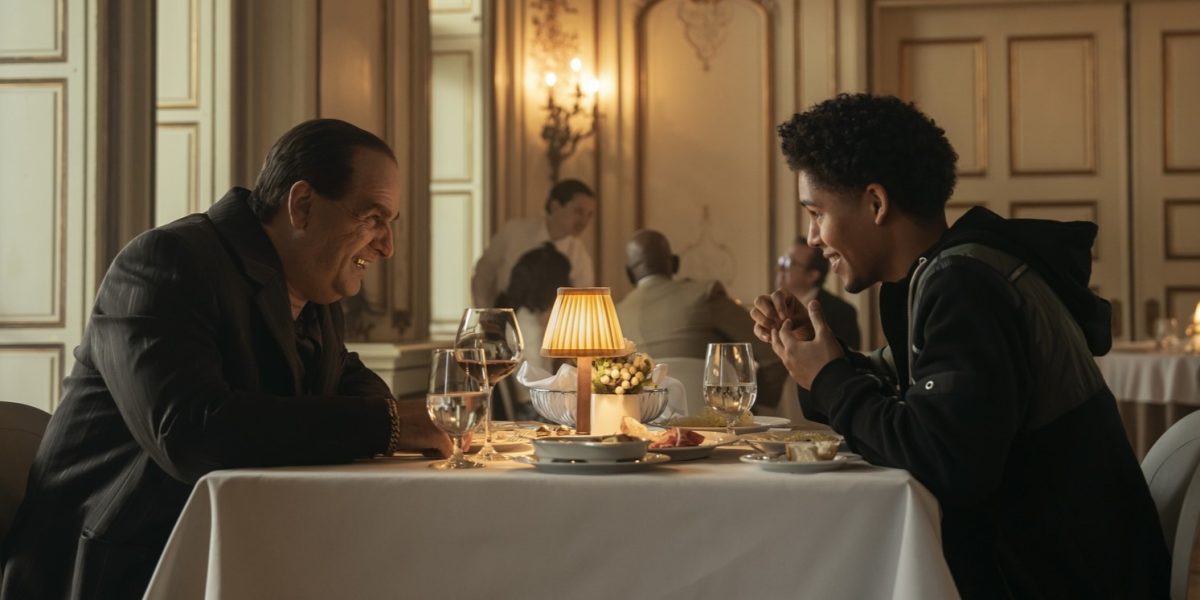
When Matt Reeves announced his DCEU-adjacent take on Batman in January 2020, the internet quickly zeroed in on a peculiar casting choice: Colin Ferrell as Oswald Cobblepott, a low-level gangster that would become Gotham crime kingpin The Penguin. The conventionally attractive Irish actor seemed like an odd fit for the deformed bird-themed character. However, critics commended Ferrell’s scene-stealing performance of the Jersey-accented trash-talking gangster. Ferrell literally disappeared into his role under pounds of makeup and prosthetics that made him unrecognizable
Still, out of every potential TV series that could spin off from The Batman, one focusing on the Penguin seemed like a potential misfire. Not only was Oz a small role, but the popularity of superhero properties has also been on a decline. However, The Penguin is one of the best shows this year, comic-inspired or otherwise, and proves that superhero genre isn’t dead yet.
The Penguin takes place immediately after the 2022 film—the murder of crime boss Carmine Falcone, the mayoral election of progressive candidate Bella Real, and the massive flooding after the destruction of the levees by The Riddler have thrown Gotham City into turmoil. Carmine’s son Alberto takes over the Gotham mafia, and Oz, the man in charge of the Falcone drug operation, finds himself out of a job. Alberto has developed a new drug called bliss that will rebuild the Falcone crime empire, but he doesn’t trust Oz to distribute it. After all, Oz helped Carmine commit his sister Sophia to Arkham State Mental Hospital years ago.
This upsets Oz who, in the first fifteen minutes of the show, kills Alberto in cold blood. This sets into motion all the events of the series. To survive the new status quo in the city, Oz needs to control the distribution of bliss and eliminate his criminal rivals. His top rival is a recently released Sophia, who he must ally with while hiding that he killed her brother. Only one other person knows that Oz killed Alberto—a poor kid named Victor Aguilar who tries to steal Oz’s rims—and in a moment of compassion, Oz employs him (under threat of death) as his driver and bagman.
Rounding out the main cast are Francis Cobb, Oz’s domineering and senile mother; Salvatore Maroni, the head of Gotham’s other major crime family looking to eliminate the Falcones (played by Mr. Krabbs himself, Clancy Brown); Johnny Vitti, the Falcone underboss who wants to see both Oz and Sophia gone; Eve Karlo, Oz’s girlfriend and madam of his underground gentleman’s club; and Dr. Julian Rush, Sophia’s psychiatrist turned lover from Arkham.

The breakout star of the show is undoubtedly Christin Milioti as Sophia Falcone/Gigante. Known for years as The Mother from the sitcom How I Met Your Mother, Milioti delivers a jaw-dropping performance that supersedes any of her previous work (including her solid performances in Palm Springs and Fargo). Milioti has the range to portray both a larger-than-life mafia queen and a fragile, scared victim in the same episode. She steals every scene she’s in, and while she’s not a hero by any definition of the word (the story introduces her as a serial killer named The Hangman before she has one word of dialogue), she is most relatable and least wicked character.
Rhenzy Feliz also makes quite the impression as Victor Aguilar, an original character that acts as a Robin to Penguin’s Caped Crusader. Vic endears himself to the viewer from his first reveal, and Oz’s pity for Victor softens him. Feliz also does a great job of developing a hidden dark side to Vic—it’s implied with the small things he says and does in the first episode but is nurtured by Oz into a full criminal persona by the last episode. Unlike Sophia, who becomes more humanized over the course of the series, Vic becomes more hardened and tragic.
Yet the series is called The Penguin for a reason: Colin Ferrell gives an astounding performance as Oz Cobb. The makeup is great, but it’s so much more than makeup. While anyone who saw The Batman knows how well Ferrell can disappear into his villainous role, it’s quite a different challenge to embody that character over eight hours of television. Ferrell’s performance is a masterstroke as he brings a sleezy charm to Oz Cobb that makes him a compelling protagonist without being a good guy. By the end of the series, Oz Cobb is not only a character the audience will love to hate but perhaps one of the most vile villains put to screen this decade.
Rounding out the main cast is Deirdre O’Connell as Oz’s mother Frances. Damaged men start as damaged boys, and many a comic villain are dominated by their overbearing and controlling mother. Frances turns this on its head, however—she encourages Oz with his every exploit. She’s cruel to her boy while telling him that he will rule the city, and she defends her son from others with the ferocity as brutal as any of the Falcones.
Frances also presents Oz with a ticking clock: she is succumbing to Lewy Body dementia. This drives Oz to hasten his hostile takeover of Gotham’s criminal syndicates so he can make his mother proud before she completely slips away. Eventually, a flashback shows the audience what Frances’ mind can no longer express, and her truth is stunning. She easily becomes the most tragic figure in the series… and for this show, that’s saying a lot.
One character that notably doesn’t show up is Batman himself. This shouldn’t be surprising: DC kept Batman out of similar series like Gotham, Birds of Prey, Batwoman, and Arrow. What is surprising is that not a single person mentions Batman during the miniseries’ eight-hour runtime. Mob bosses are murdered, new drugs flood the streets, a massive gang war erupts… and Batman sits it all out? Though the miniseries closely ties itself to The Batman, the complete lack of mention of the Dark Knight is odd.
But odd isn’t bad—this series works well without Batman. The show instead focuses on setting up the city of Gotham and how it’s a place of brutal survival. The bleak tone weighs down the world of the story so much that, by the end, the cinematography literally gets darker. This Gotham City could both create and need a Batman, but it’s telling a different story. The Bat’s presence just has no logical place here (excepting the two public disasters with a high body count). While this means the series doesn’t do much to set up Batman’s next film, that’s not the point. This series seeks to build a rich story and interesting characters more than a multi-movie franchise.
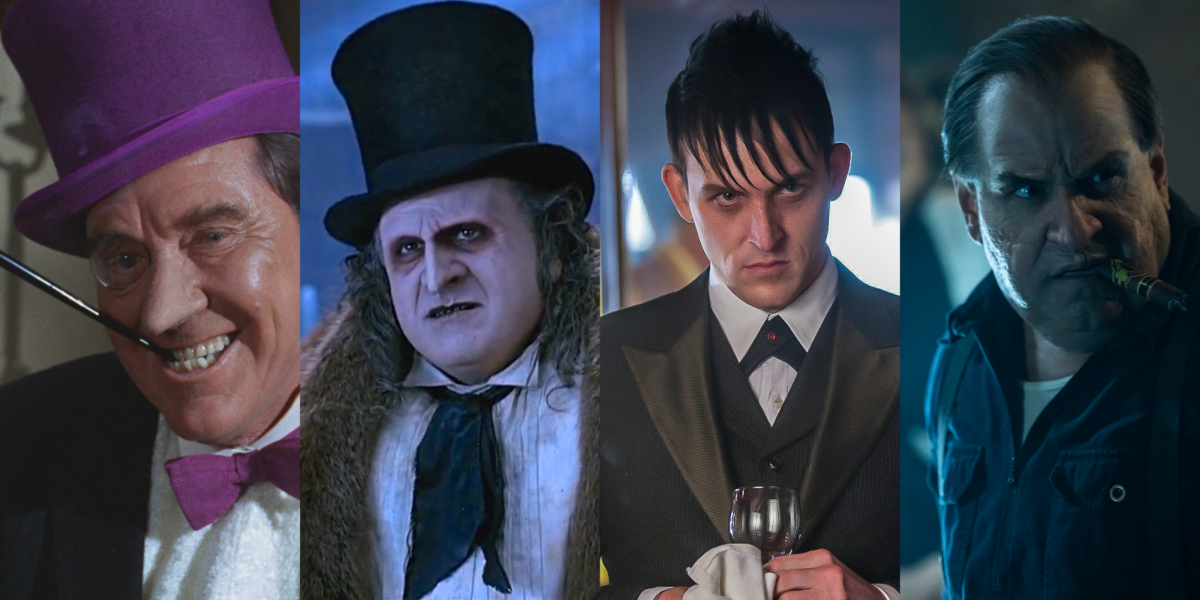
Perhaps the best quality of this show is that it doesn’t forget what it is. The Penguin feels like a perfect fit into the comic world and the history of that character. While nothing is silly in the show (despite the surprising amount of wry humor), it’s never too serious. The show even goes over the top like comics do. Oz has a bright purple car, just like in the comics and old Adam West Batman show. At different points, Oz wears the top hat, tuxedo, and umbrella that make up Penguin’s iconic look.
Even the set up for Oz’s next adventure—to go legit and become mayor of Gotham City—is a comic staple. Every live-action version of the Penguin has tried their hand at mayor. Burgess Meredith tried in the ’60s, Danny DeVito tried in Batman Returns, and Robin Lord Taylor tried in Gotham. The show has respect for its characters and keeps their defining qualities while also sticking to realism.
The most defining quality of the Penguin, and that of this show, is that he is a villain. Too many recent villain-central projects have turned comic villains into antiheroes. Loki, Agatha Harkness, Venom, Morbius, Madame Web, Black Adam, and Kraven the Hunter all recently lost their villain card. Their respective films and series molded them into characters audiences like and can say, “Oh, they’re not so bad.”
Well, Penguin is bad. He does terrible, unforgivable things. He brings ruin to everyone caught in his orbit, and despite some crocodile tears, he doesn’t care. More than that, he often revels in his malace. The audience may understand the reasons behind his actions. They may even empathize with him at times. But the show never allows them to forget that Oz Cobb is vile. While other supervillains have become more toothless, Oz Cobb chills the viewer’s blood by the final minutes of the series.
The Penguin is the best comic-based project this year and one of the best miniseries in HBO’s history. It is a crime series that rivals Breaking Bad and The Sopranos on its character complexity and performance. This series will surely be a contender for several Emmys and Golden Globes. While it helps to have seen The Batman before watching this film, it’s not necessary—the show provides 98% of the context needed to understand the show. The Penguin sets a new standard for comic adaptations that anyone who can handle the violence and language can enjoy.

